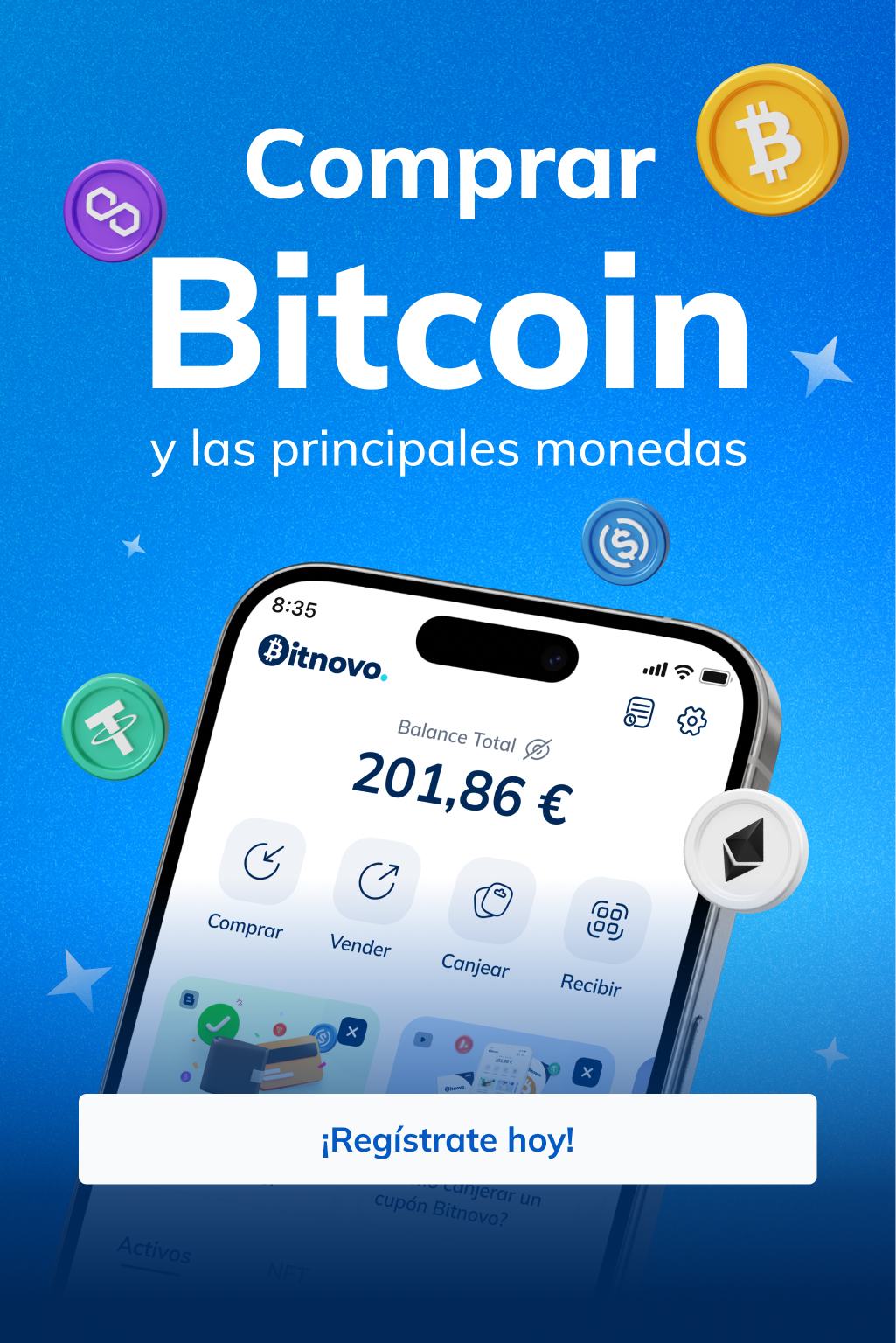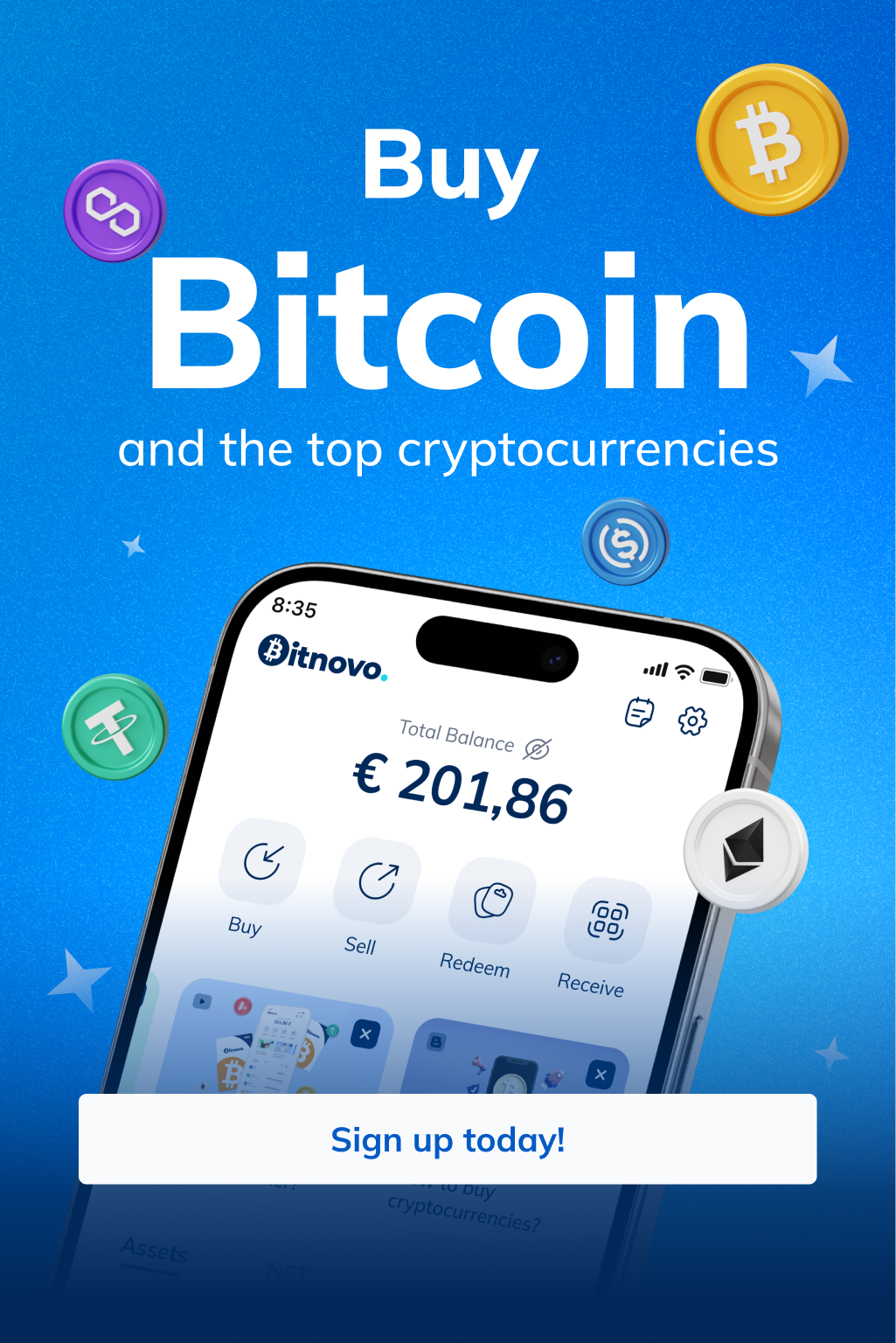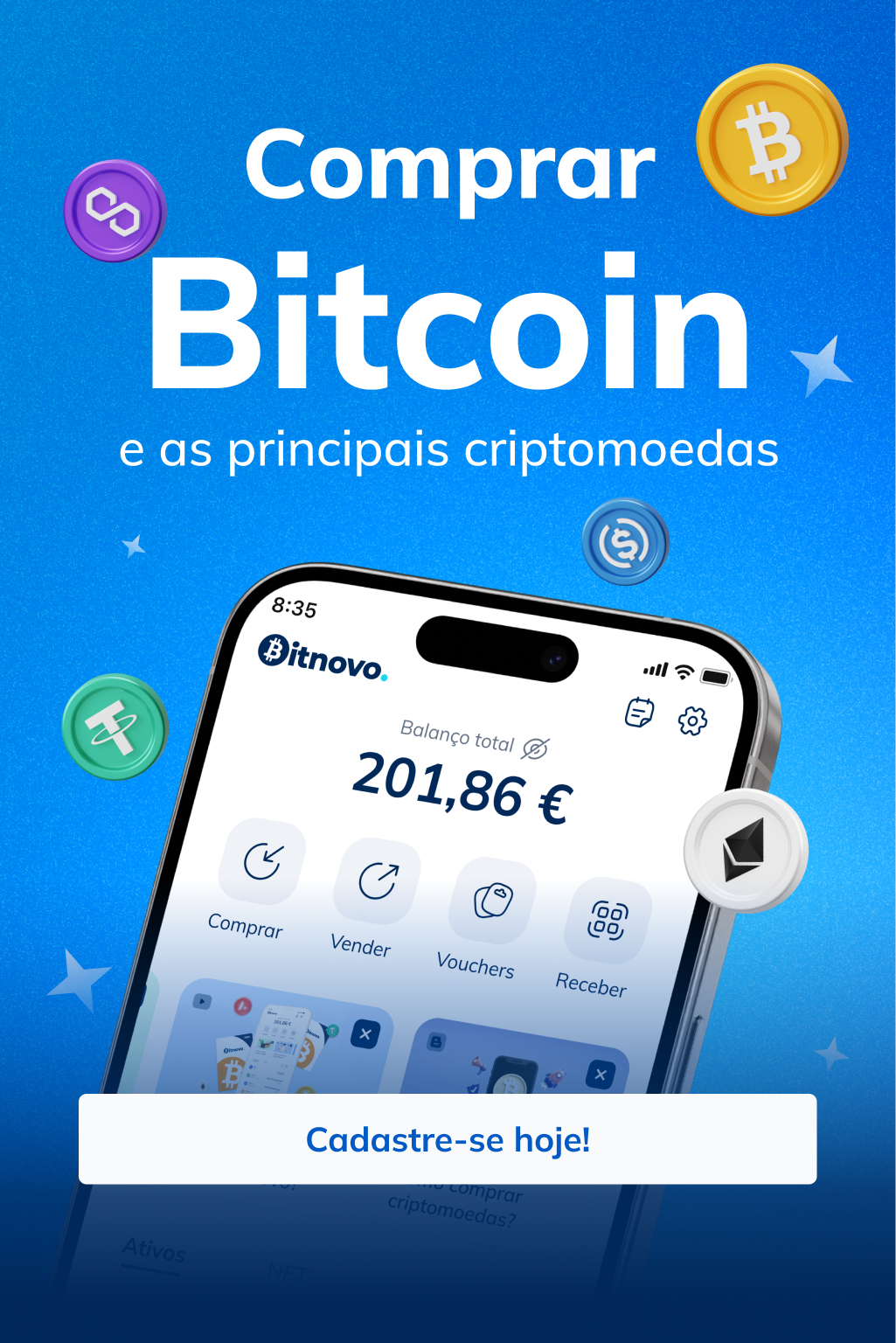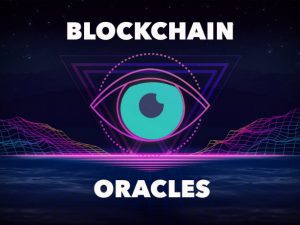
Table of Contents
ToggleChainlink is a decentralized oracle network that allows blockchain smart contracts to connect to data outside the blockchain in a decentralized manner. While there are oracles that allow blockchains to access data from the outside world, these are generally centralized, and generally, if an oracle is centralized, the decentralized nature of public blockchains becomes useless. That is, if your data comes from a centralized source, it cannot be decentralized and loses its nature.
Many believe that blockchain integration with external data is a necessary functionality for widespread blockchain adoption.
This is why Chainlink was born with the aim of solving this problem, opening the blockchain to the outside world without losing its decentralized nature.
LINK the token of Chainlink
LINK is Chainlink’s native network cryptocurrency, defined by its developers as “an ERC20 token with additional ERC223 transfer functionality – of ‘transfer and call’, allowing tokens to be received and processed by contracts within a single transaction.”
Chainlink conducted an ICO in September 2017, raising $32 million, with a total supply of one billion LINK tokens.
After the ICO, 32 percent of LINK tokens were sent to node operators to incentivize the ecosystem and 30 percent remained within Chainlink for development, while 35 percent were sold in the public token sale.
Unlike many other crypto assets, LINK has no process to increase its circulating supply.
How does Chainlink work?
To enable communication between smart contracts and external data sources, Chainlink follows a 3-step process:
- Select appropriate Oracles: the user operating Chainlink drafts a service level agreement (SLA) that specifies a set of data requirements. Chainlink uses this agreement to match the user with the most appropriate oracles that can provide the data. Once the parameters are set, the user submits the SLA and deposits their LINK tokens into an Order-Matching contract, which accepts offers from oracles.
- Process the data: here the oracles connect to the external data sources to obtain the data requested in the Chainlink SLA. The oracles then process the data and send it to the contracts using the Chainlink service.
- Aggregate the results: the process finishes by counting the results of the data collected by the oracles and returning them to an aggregation contract. The aggregation contract evaluates the validity of this data and returns a weighted score, using the sum of all the data received to the user (smart contract).
Thanks to its internal reputation system, Chainlink can validate data from multiple different sources, determining with high accuracy which sources are trustworthy. This functionality increases the accuracy of the results and protects smart contracts from various types of malicious attacks.
How to mine Chainlink?
As with ERC20 tokens, Chainlink cannot be mined like Bitcoin or other coins based on the Proof of Work algorithm.
Chainlink’s technology is based on the hybrid consensus algorithms of Delegated Proof of Service (DPoS) and Proof of Authority (PoA), in order to transport consistent data very quickly.
Its architecture is basically composed of two elements:
– A decentralized network of oracle nodes (off chain) that provide the data or connections to APIs in direct line with a smart contract (on chain). Depending on the consistency of the data a LINK token charge will be generated.
– Smart contracts (on chain) that are responsible for processing the user’s requests and are responsible for requesting the data outside the network (off chain).
The Chainlink network is protected by a concept similar to Proof of Stake (PoS), where its validating nodes bet LINK tokens to obtain data contracts and be rewarded by the network. The incentivized reward system deters network nodes from malicious behavior, as does the risk of losing the LINKs they have staked.
Chainlink’s network is also powered and secured by 3 types of smart contracts that ensure that requests find data that matches off-chain information:
Aggregation Contract that collects data from oracles and matches the most accurate results to the smart contract that needs them.
Order-Matching Contract that are responsible for matching the best oracle with the SLA requirements of the smart contract.
Reputation Contract that verifies the integrity of an oracle.
In the Chainlink network smart contracts requesting data pay Chainlink node operators in LINK tokens as a reward for their services.
Prices are set by the node operators based on market conditions and demand for such data.
Node operators also bet LINK to contribute to the project and are rewarded with LINK tokens as an incentive to contribute reliably rather than acting maliciously.
Since Chainlink is based on a reputation system, node providers that have a large number of LINKs are left with access to larger and more rewarding data contracts, while failure to deliver accurate information results in a token deduction.
Staking is not yet enabled for nodes that are not validators. Currently, only validators can earn LINK tokens by staking and performing tasks to complete data requests made on the network.
In short, the LINK token is used to pay operators of nodes in the network. The value and demand for LINK tokens depends largely on the number of operators working to protect the network, but LINK also derives its value from other use cases of the decentralized Oracle network. The more use cases that can be applied to the Chainlink platform, the more valuable the LINK token becomes.
Chainlink Wallet

Chainlink is an ERC677 token that inherits the functionality of the ERC20 token standard, while implementing additional functionality.
This means that, for storage purposes, it can be treated as an ERC-20.
While Chainlink does not have an official wallet to store its native token, LINK can be stored in any wallet that supports Ethereum-based ERC20 tokens. Among them the most popular ones are:
- Atomic Wallet
- Ledger Nano
- MyEtherWallet
- Metamask
- Mist
- Trezor
- Ethaddress






